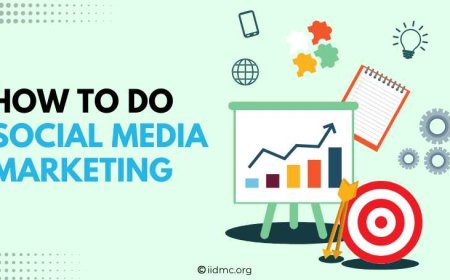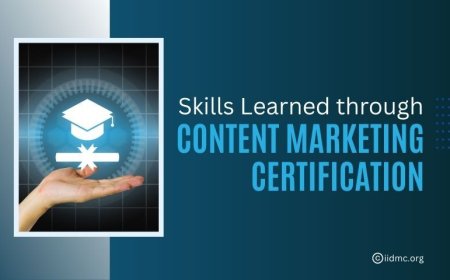What is Search Engine Optimization (SEO)?
Learn what SEO is and how it works in simple terms. Learn tips to improve your website's visibility, traffic, and rankings in search engine results.
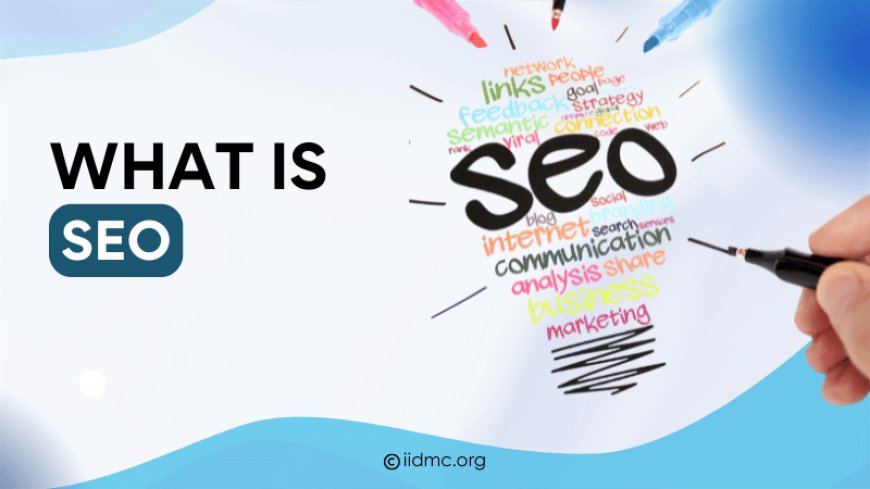
When I started researching digital marketing, one term kept coming up: Search Engine Optimization, or SEO. It looked overwhelming at first, but as time and experience have gone on, I've realized how important and powerful it is for any business to be online. If you own a website or run a business online, you've probably heard about SEO. But what is SEO, and how does it really work?, I will explain in simple words. By the end, you'll understand what it is, why it matters, and how you can use it to bring more people to your website.
What is SEO?
SEO stands for Search Engine Optimization. It is the process of improving your website so that it shows up better in search engines like Google. When people search for something online, they usually click on the first few results that show up. It helps your website become one of those top results.
Imagine you own a bakery in New York. If someone types "best cupcakes in New York" into Google, you want your bakery’s website to appear at the top. It is the strategy to help make that happen.
How Do Search Engines Work?
Before we talk more about SEO, let’s understand how search engines like Google work.
Search engines are like librarians for the internet. When you search for something, they look through all the websites in their database and show you the most helpful ones.
Here’s how it works:
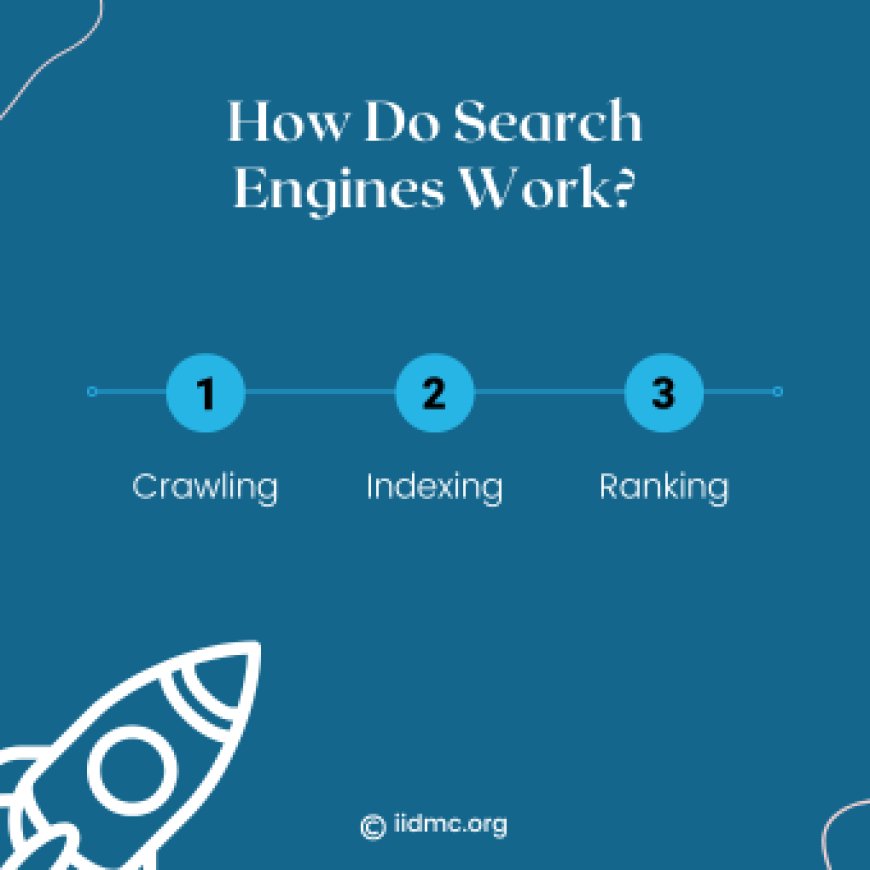
-
Crawling: To find new web pages, search engines send bots, often known as spiders.
-
Indexing: Once they find these pages, they save them to a large digital collection, or index.
-
Ranking: The search engine searches its index for the best results, arranged from most to least helpful, when you put a question or phrase into the search bar.
It is all about helping search engines understand your website so they rank it higher.
Why is SEO Important?
Think about your habits. When you search for something online, how often do you go to page 2 of the results? Rarely, right?
This is why SEO is so important. The higher your website ranks, the more people will see it. More visibility means more clicks, more visitors, and potentially more customers or readers.
Here are a few benefits of it:
-
Brings more traffic to your website.
-
Builds trust and credibility.
-
Improves user experience.
-
Helps your business grow without paying for ads.
How Does SEO Work?
It may seem complex, but it comes down to a few key areas. Let’s look at them in simple terms:
1. Keywords
Keywords are the words or phrases people type into search engines. If you sell shoes, you want your website to show up when someone searches for "buy shoes online."
To use keywords well:
-
Find out what your audience is searching for.
-
Use those words naturally in your content.
-
Avoid "keyword stuffing" (using a keyword too many times).
2. On-Page SEO
On-page SEO is everything you do on your website to help it rank better. This includes:
-
Writing helpful and original content.
-
Using keywords in titles and headings.
-
Adding images and using proper tags.
-
Making sure your website loads fast.
3. Off-Page SEO
Off-page SEO is about what happens outside your website. One big part of this is backlinks. These are links from other websites that point to your site.
Think of backlinks as votes of confidence. The more quality websites that link to you, the more search engines trust your site.
This part of SEO involves the behind the scenes work, like:
-
Making sure your website works well on mobile phones.
-
Using HTTPS for security.
-
Fixing broken links.
-
Creating a sitemap for search engines.
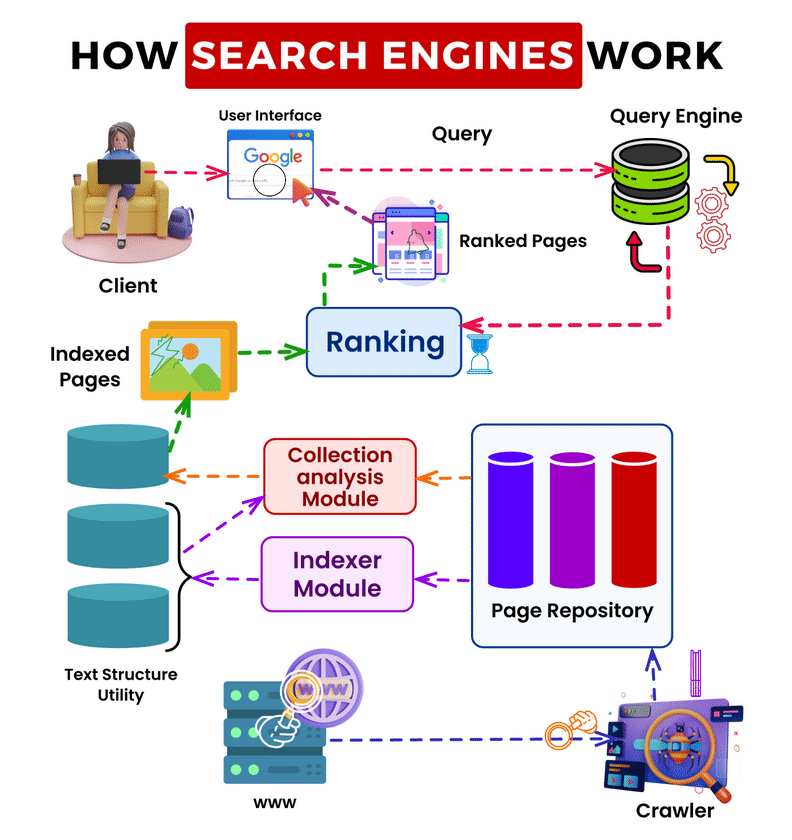
Types of SEO
There are different types of SEO based on the goals and methods. Here are a few:
1. Local SEO
If you have a local business (like a coffee shop or a pizza shop), local SEO helps people in your area find you. This includes:
-
Creating a Google Business Profile.
-
Getting reviews.
-
Using local keywords like "pizza place in Bangalore."
2. E-commerce SEO
This type of SEO helps online stores get more traffic and sales. It includes:
-
Writing good product descriptions.
-
Using clear images.
-
Creating a smooth checkout process.
3. Content SEO
Content SEO focuses on creating helpful and valuable information. Search engines love content that answers people’s questions.
Tips for content SEO:
-
Write blog posts, guides, or FAQs.
-
Use headings and short paragraphs.
-
Add images or videos.
Best Practices for SEO
To get the best results from SEO, follow these simple tips:
-
Write for people, not just search engines
-
Your content should be easy to read and helpful.
-
Use good titles and meta descriptions
-
These are the first things people see in search results.
-
Make your site mobile-friendly
-
Most users are on phones, so your site must work well on mobile.
-
Speed matters
-
A slow website can hurt your rankings.
-
Keep updating your content
-
Search engines like fresh, updated content.
-
Use internal links
-
Link to other pages on your website to keep visitors engaged.
-
Track your performance
-
Use free tools like Google Analytics and Google Search Console to see what’s working.
Common SEO Mistakes to Avoid
Even with good intentions, it's easy to make mistakes. Here are some to watch out for:
-
Copying content from other sites.
-
Using too many keywords.
-
Ignoring mobile users.
-
Not having a secure (HTTPS) site.
-
Forgetting to write good titles and descriptions.
How Long Does SEO Take to Work?
It takes time. This is a long-term game. Depending on your competition and your level of effort, you might start seeing benefits in a few weeks or months.
The key is to remain consistent and patient. Keep improving your website and provide quality content.
It might sound like a complicated subject, but once you understand the basics, it’s easy. It’s all about helping search engines understand your website so they can show it to the right people.
You may increase your internet visibility and reach more people by concentrating on keywords, producing helpful content, obtaining backlinks, and maintaining a user friendly website.
Start small, stay consistent, and over time, it can become one of your most powerful tools for success online.
Remember, search engines want to help users find the best answers. If your site provides quality content, you’re already on the right track.



























